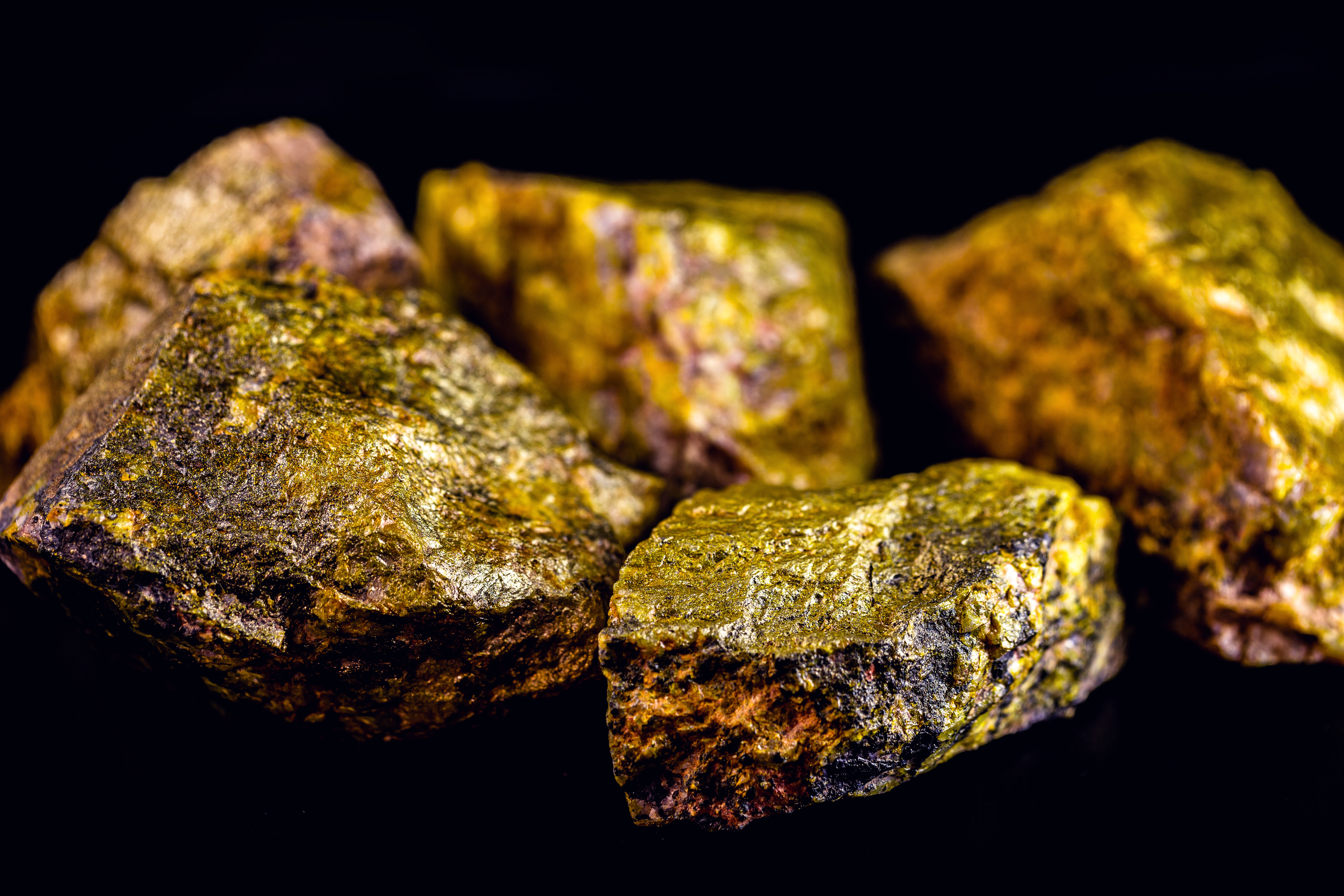
The Commodity in Focus series returns today and we’re looking at uranium, one of the metals that is increasingly important to the global energy transition.
Uranium is one of the heaviest naturally occurring element and nearly twice as dense as lead.
As it is used a fuel in nuclear reactors, it is becoming increasingly important to the world’s energy supply, as countries try to shift away from carbon intensive fossil fuels.
Coup operation
One country that is heavily reliant on uranium imports is France, where 56 nuclear reactors in 18 power plants are fed by roughly 8,000 tonnes of natural uranium a year, per Le Monde.
Much of that uranium comes from Niger, where the Orano Group operates three mines.
Although Orano announced recently that a military coup in Niger would not put the general supply at risk, a ban on exports to French imposed by the military government sparked fears that uranium could become harder to obtain.
Kazakh fan
Those fears are behind French president Emmanuel Macron’s recent visits to the Central Asian states of Kazakhstan and Uzbekistan, two major exporters of the world’s uranium.
In the Kazakh capital, Astana, he was complimentary of the country’s adherence to sanctions on Russia, and told president Kassym-Jomart Tokayev he wanted to “complement and accelerate” the two countries’ partnerships.
Tokayev was more direct, stating:
"Kazakhstan is the world's top uranium producer, contributing over a quarter of nuclear fuel consumed in Europe. With nuclear power comprising 63% of France's energy sector, there is vast potential for further cooperation.”
Kazakhstan’s trade turnover with France is €5.3bn, and the country is already the supplier of 40% of France’s uranium (and 42% of the world’s).
French energy company EDF is among those contending to build Kazakhstan’s first nuclear power station, meanwhile, though its construction is set to be put to the people in a referendum.
Alashankou very much
Kazakhstan has recently strengthened ties with China on uranium, building the Alashankou Uranium Bonded Warehouse on the border between the two countries.
The Astana Times heard in an interview this year with Prism Political Risk Management’s Kate Mallinson that the development marks the beginning of a deeper integration between the Chinese nuclear industry and Kazatomprom, the world’s largest uranium producer.
Kazakhstan is also looking to boost uranium exports to the West through the Trans-Caspian International Transport Route, Mallinson suggested.
‘Global rush’
Uranium is becoming harder to acquire in the midst of a “global rush” for yellowcake, a form of uranium oxide produced during milling and used during preparation of uranium fuel.
The mineral has soared in price by 125% since the start of 2021 according to a recent Bloomnberg report, with hedge funds pumping money into uranium companies like Cameco Corp, despite issues with its uranium output following difficulties at its Cigar Lake and Key Lake mills in Canada.
The global effort to move away from fossil fuels has seen nuclear re-emerge as a core element of nations’ energy policies, while the International Energy Agency argues that the world’s nuclear capacity must double by 2050 if net zero carbon emissions is to be achieved.
Another motivation for the growth in nuclear is Europe’s desire to move away from Russian gas following the country’s invasion of Ukraine – though that change poses its own problems, with 8% of the world’s recoverable uranium lying within Russia’s borders.
Grounds for dumping
The US assistant secretary for nuclear energy, Kathryn Huff, told the FT this month of the country’s own concerns over its reliance on Russian enriched uranium products.
Russia is responsible for more than a fifth of the US’ uranium enrichment, the process required to use the mineral as nuclear fuel.
Russia has undermined the US’ nuclear supply chain by dumping cheap uranium products on its market, Huff argued.
“Without action Russia will continue to hold on to this market. This is really important for national security, for climate, for our energy independence.
“We have seen in the past that the dumping of cheap Russian enriched uranium products has historically really damaged our fuel cycle and has brought us to where we are today.”



